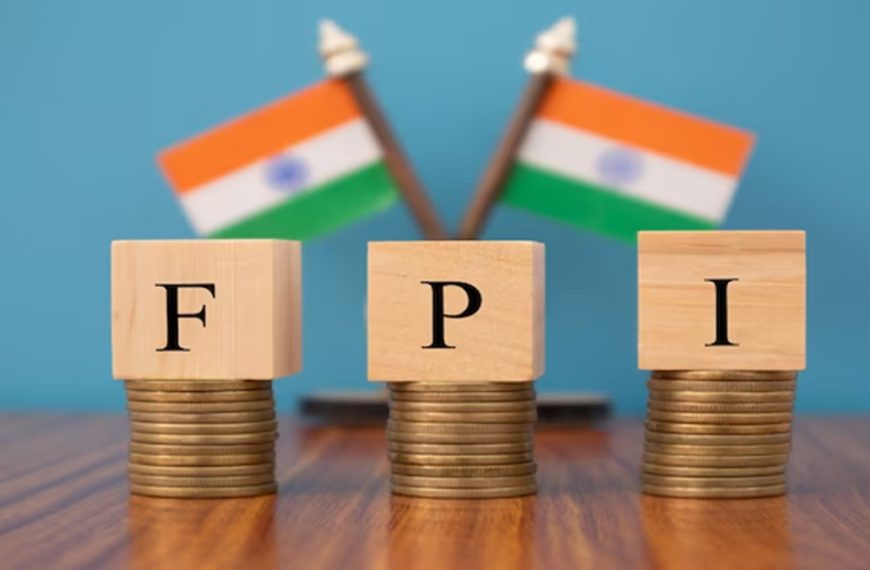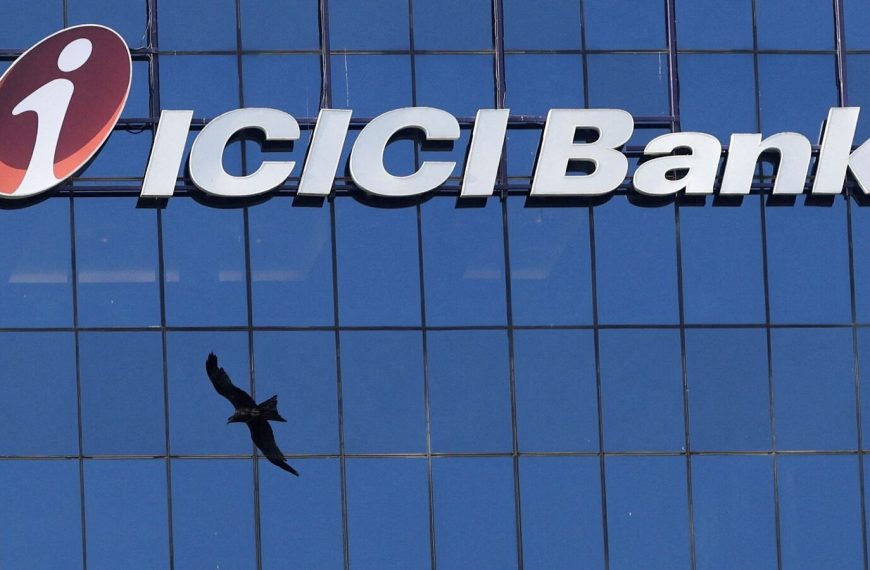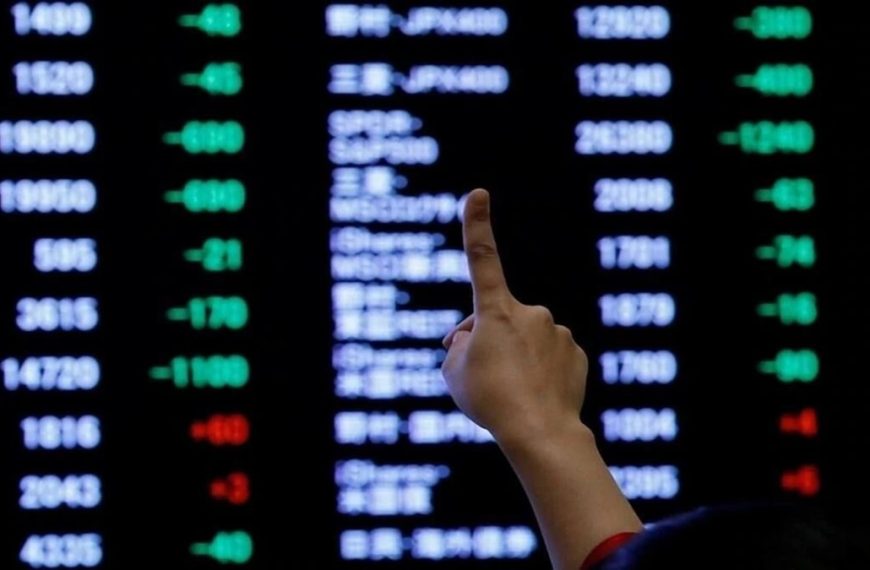Indian stock markets experienced a significant surge as trading resumed after a lengthy holiday weekend. The NSE Nifty 50 Index jumped by 2.4%, effectively erasing the previous losses attributed to the reciprocal tariffs imposed by former US President Donald Trump earlier this month. This remarkable rally positions India as the first major global equity market to recover from the impact of these tariffs, showcasing resilience in the face of international economic challenges.
Market Recovery and Investor Sentiment
The rebound in the Nifty 50 Index occurred in Mumbai on Tuesday, exceeding its closing numbers from April 2. Despite this positive shift, a broader index of Asian stocks remains down by over 3% since the tariff announcements. Investors are increasingly viewing the Indian market as a stable refuge amidst the turmoil caused by ongoing trade tensions.
- India’s Economic Robustness: The country’s substantial domestic economy is perceived to be more capable of withstanding a potential global recession compared to other nations facing heightened tariffs.
- Trade Dynamics: With the escalating Sino-American trade conflict, India is emerging as a viable alternative manufacturing hub to China. Unlike Beijing’s retaliatory stance, New Delhi has adopted a more conciliatory approach, aiming for a provisional trade agreement with the Trump administration.
Expert Insights on Indian Stocks
Gary Dugan, the CEO of The Global CIO Office, expressed confidence in the Indian market, stating, “We remain overweight India in our portfolios.” He emphasized that solid domestic growth and a potential shift in supply chains away from China make Indian equities an appealing option for medium-term investors.
The recent market upswing follows a nearly 10% decline in the benchmark index over the past two quarters, driven by concerns regarding slowing economic growth and high valuations. Foreign investors have been particularly active, pulling out over $16 billion in net sales of Indian equities this year, nearing the record withdrawal of $17 billion in 2022.
Factors Supporting Market Optimism
Despite these challenges, several factors are prompting a shift in investor sentiment:
- Lower Valuations: The Indian stock market is currently seen as relatively undervalued, attracting bargain hunters.
- Interest Rate Cuts: There is growing optimism that the central bank may implement aggressive interest rate reductions to bolster the economy.
- Declining Crude Oil Prices: The decrease in oil prices, a critical import for India, is further enhancing market sentiment.
Rajat Agarwal, a strategist at Societe Generale SA, noted, “India is not insulated but is comparatively better positioned against the risks of a trade war due to its low direct revenue exposure to the US, especially in terms of goods.” He added that Indian equities could see positive momentum if oil prices remain low.
Conclusion
With robust domestic factors at play and a shift in investor outlook, the Indian stock market is carving out a unique position amid global economic uncertainties. As investors keep a close eye on evolving trade dynamics and economic indicators, the outlook for Indian equities appears increasingly promising.











